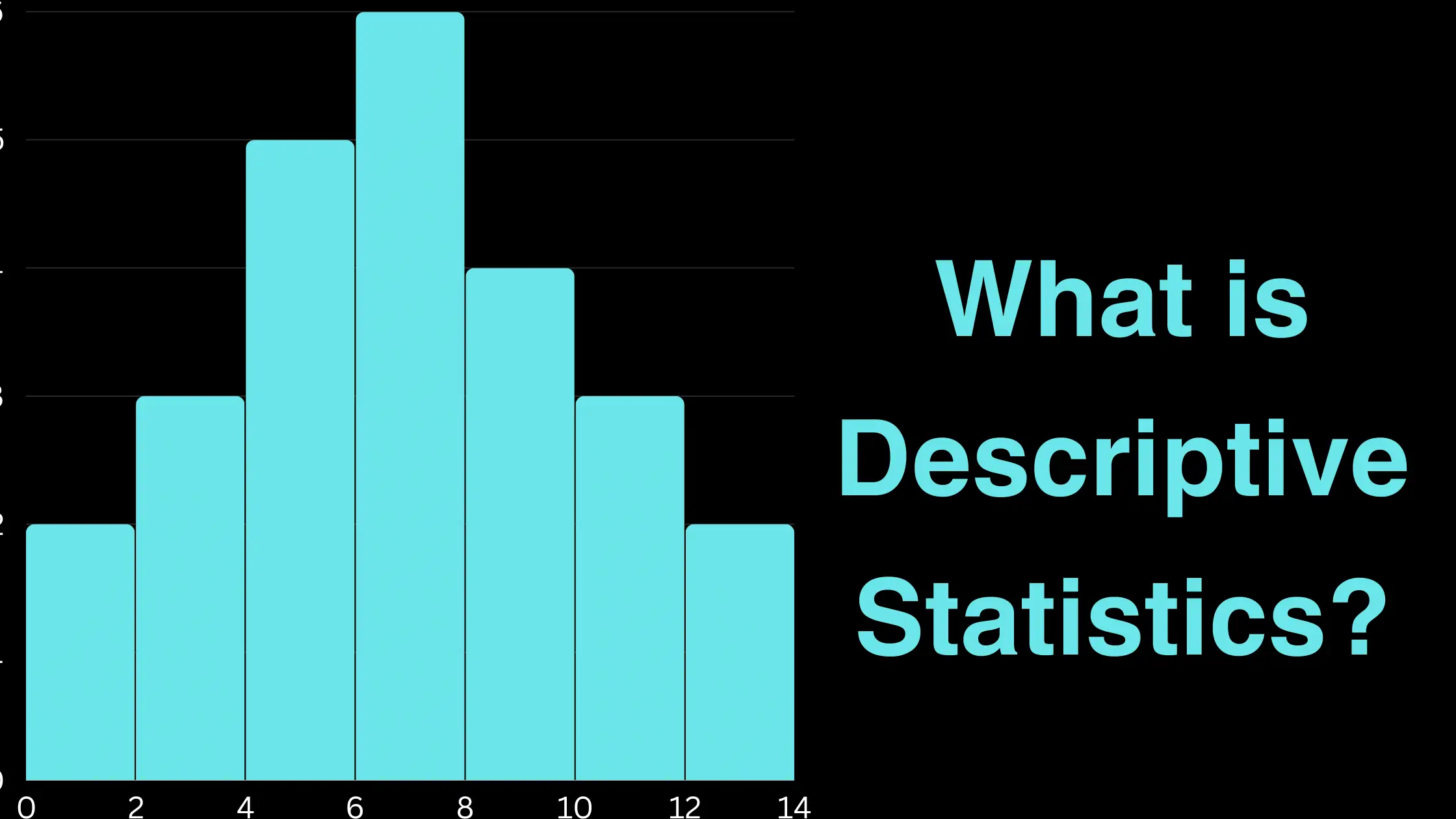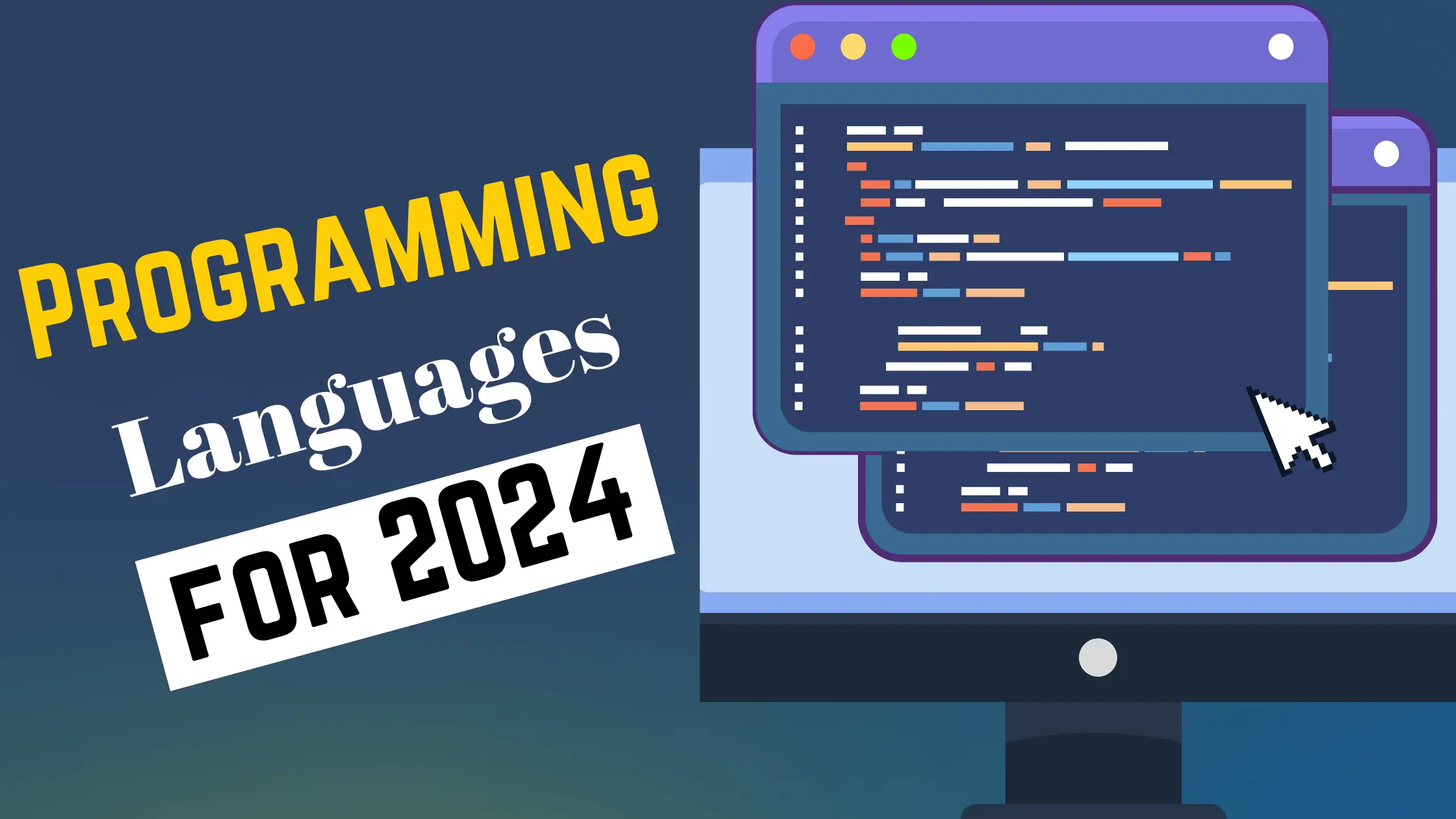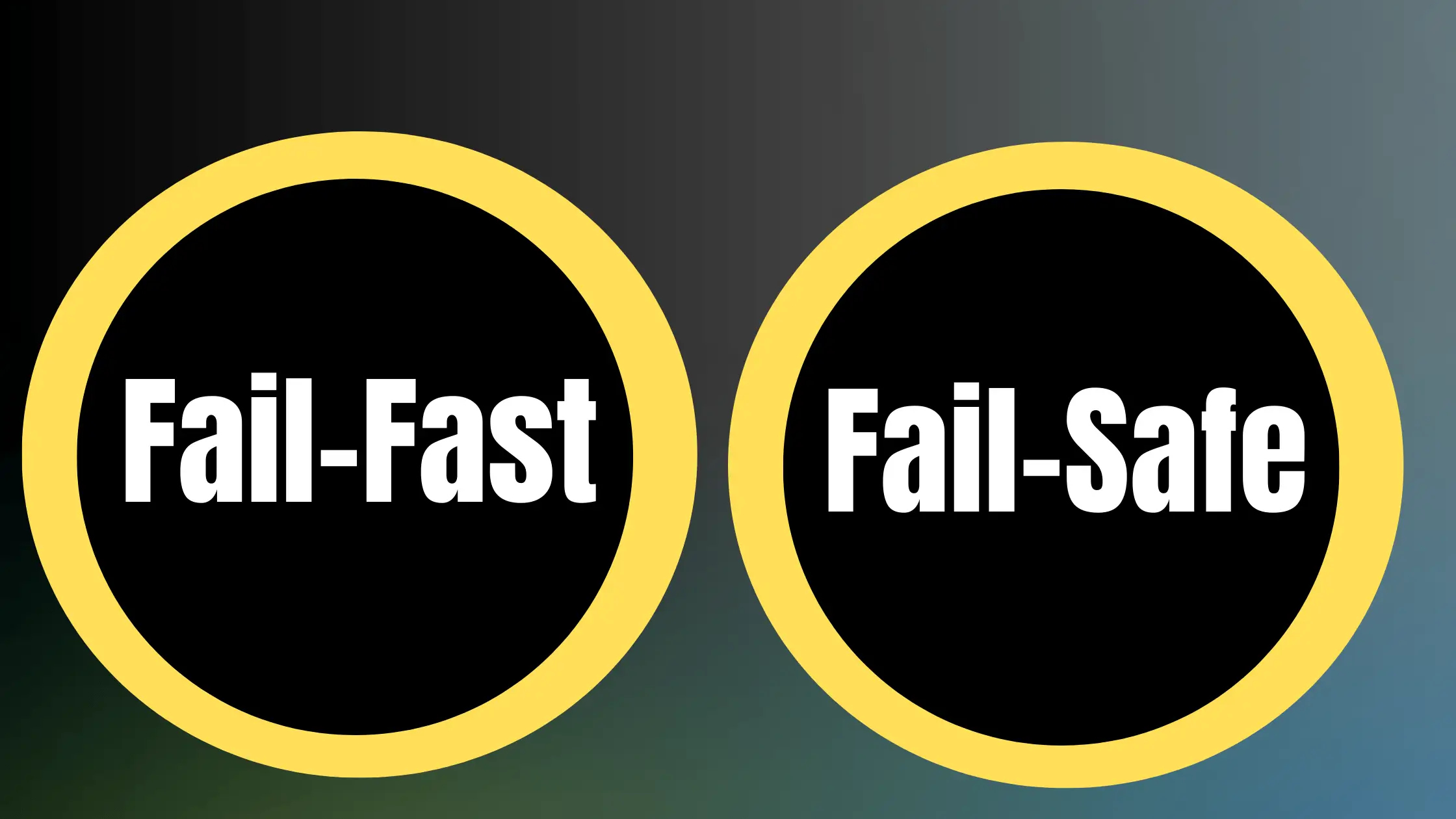In today’s data-driven world, the demand for skilled data analysts continues to soar. As businesses across various industries rely heavily on data to make informed decisions, the need for professionals who can effectively collect, analyze, and interpret data has never been greater. If you’re looking to break into the field of data analytics or enhance your existing skills, numerous online courses and certifications can help you achieve your goals. In this article, we’ll explore the top data analyst courses and certifications available online in 2024.
Why Pursue Data Analyst Courses and Certifications?
Before diving into the list of top courses and certifications, let’s briefly discuss the benefits of investing in your data analytics education:
- Career Advancement: Acquiring data analytics skills can open up new career opportunities and help you progress in your current role. According to the U.S. Bureau of Labor Statistics, the employment of data analysts is projected to grow 25% from 2020 to 2030, much faster than the average for all occupations (Source). By gaining the necessary skills and certifications, you can position yourself as a competitive candidate in this growing field.
- Increased Earnings: Data analysts are in high demand, and possessing the right skills and certifications can lead to higher salaries. As per Glassdoor, the average annual salary for a data analyst in the United States is $69,517 (Source). However, those with advanced skills and certifications can command even higher salaries, with top earners making over $100,000 per year.
- Industry Recognition: Earning certifications from reputable institutions can enhance your credibility and demonstrate your expertise to potential employers. Many employers actively seek candidates with specific certifications, as they serve as a validation of your skills and knowledge. By showcasing your certifications on your resume and LinkedIn profile, you can stand out from other applicants and increase your chances of landing your dream job.
- Skill Development: Online courses and certifications provide structured learning paths to help you develop and refine your data analytics skills. These programs are designed by industry experts and cover a wide range of topics, from data collection and cleaning to advanced statistical analysis and machine learning. By following a structured curriculum, you can ensure that you’re building a strong foundation in data analytics and staying up-to-date with the latest tools and techniques.
Top Data Analyst Courses and Certifications
1. Google Data Analytics Professional Certificate
Offered by Google on Coursera, this comprehensive program covers the entire data analytics process, from data collection to visualization. The certificate consists of eight courses and a capstone project, providing hands-on experience with popular tools like SQL, R, and Tableau.
| Course | Duration | Cost |
|---|---|---|
| Foundations: Data, Data, Everywhere | 24 hours | Included |
| Ask Questions to Make Data-Driven Decisions | 21 hours | Included |
| Prepare Data for Exploration | 25 hours | Included |
| Process Data from Dirty to Clean | 22 hours | Included |
| Analyze Data to Answer Questions | 24 hours | Included |
| Share Data Through the Art of Visualization | 18 hours | Included |
| Data Analysis with R Programming | 37 hours | Included |
| Google Data Analytics Capstone: Complete a Case Study | 8 hours | Included |
The Google Data Analytics Professional Certificate is designed for beginners and requires no prior experience in data analytics. The program is self-paced, and learners can complete it in approximately 6 months by dedicating 10 hours per week. Upon completion, participants receive a professional certificate from Google, which can be shared on their resume and LinkedIn profile.
Throughout the program, learners work with real-world datasets and tools to gain practical experience in data analytics. The capstone project allows participants to apply their skills to a real-world scenario, simulating the tasks and challenges that data analysts face in their daily work.
Key topics covered in the Google Data Analytics Professional Certificate include:
- Understanding the data analytics process and the role of a data analyst
- Asking effective questions to guide data analysis
- Preparing and cleaning data for analysis using spreadsheets and SQL
- Analyzing data using statistical methods and R programming
- Visualizing and presenting data findings using Tableau
- Completing a case study project to showcase data analytics skills
To enroll in the Google Data Analytics Professional Certificate, visit the program page on Coursera: https://www.coursera.org/professional-certificates/google-data-analytics
2. IBM Data Analyst Professional Certificate
IBM’s Data Analyst Professional Certificate, available on Coursera, consists of nine courses that cover essential data analytics tools and techniques. Participants gain experience with Excel, SQL, Python, and data visualization tools like Cognos Analytics.
The program is designed to take approximately 11 months to complete, with a suggested pace of 3-5 hours per week. However, learners can progress at their own speed and complete the courses on their own timeline.
The IBM Data Analyst Professional Certificate covers the following topics:
- Introduction to Data Analytics
- Excel Basics for Data Analysis
- Data Visualization and Dashboards with Excel and Cognos
- Python for Data Science, AI & Development
- Python Project for Data Science
- Databases and SQL for Data Science with Python
- Data Analysis with Python
- Data Visualization with Python
- Applied Data Science Capstone
Throughout the program, learners work with real-world datasets and complete hands-on projects to gain practical experience in data analytics. The capstone project allows participants to apply their skills to a real-world data analytics scenario, showcasing their ability to work with data from start to finish.
To enroll in the IBM Data Analyst Professional Certificate, visit the program page on Coursera: https://www.coursera.org/professional-certificates/ibm-data-analyst
3. Microsoft Certified: Data Analyst Associate
This certification validates your skills in using Microsoft Power BI to analyze and visualize data. To earn the certification, you must pass the “Analyzing Data with Microsoft Power BI” exam (DA-100). Microsoft offers a range of learning paths and resources to help you prepare for the exam.
The Microsoft Certified: Data Analyst Associate certification is designed for individuals who want to demonstrate their expertise in using Power BI to analyze and visualize data. The certification exam covers the following skills:
- Preparing data for analysis
- Modeling data in Power BI
- Visualizing data in Power BI
- Analyzing data in Power BI
- Deploying and maintaining deliverables
To prepare for the certification exam, Microsoft offers a variety of learning paths and resources, including:
- Microsoft Learn: A free online learning platform with interactive modules and hands-on labs
- Instructor-led training: In-person and online classes led by Microsoft Certified Trainers
- Practice tests: Official practice tests to help you assess your readiness for the exam
- Study guides: Detailed study guides that cover the exam objectives and provide sample questions
Once you’ve prepared for the exam, you can schedule your test through Pearson VUE, Microsoft’s exam delivery partner. The exam consists of 40-60 multiple-choice and drag-and-drop questions, and you have 180 minutes to complete it. To pass the exam, you need to score at least 700 points out of 1000.
After passing the exam, you’ll earn the Microsoft Certified: Data Analyst Associate certification, which is valid for two years. To maintain your certification, you can either retake the exam or complete a certain number of continuing education credits.
To learn more about the Microsoft Certified: Data Analyst Associate certification and access the learning resources, visit the certification page on Microsoft’s website: https://docs.microsoft.com/en-us/learn/certifications/data-analyst-associate/
4. DataCamp’s Data Analyst with Python Career Track
DataCamp’s career track is designed to take you from beginner to job-ready in Python for data analysis. The track consists of 20 courses and several projects, covering topics like data manipulation, data visualization, and statistical analysis.
The Data Analyst with Python Career Track is divided into five skill paths:
- Introduction to Python: This skill path covers the basics of Python programming, including data types, functions, and loops. Learners also get an introduction to data science concepts and tools like Jupyter Notebook.
- Intermediate Python: In this skill path, learners dive deeper into Python programming concepts, such as object-oriented programming and working with dates and times. They also learn how to work with data using the pandas library.
- Data Manipulation with Python: This skill path focuses on data cleaning and manipulation using Python libraries like NumPy and pandas. Learners also get an introduction to data visualization with Matplotlib.
- Data Visualization with Python: In this skill path, learners explore various data visualization techniques using Python libraries like Seaborn and Plotly. They learn how to create different types of charts and customize them to effectively communicate insights.
- Statistics Fundamentals: The final skill path covers essential statistical concepts and techniques, such as probability, hypothesis testing, and regression analysis. Learners also get hands-on experience with statistical analysis using Python.
Throughout the career track, learners work on real-world projects to apply their skills and build a portfolio of work. Some of the projects include:
- Investigating Netflix Movies and Guest Stars in The Office
- The Android App Market on Google Play
- The GitHub History of the Scala Language
Upon completing the career track, learners receive a certificate of completion that they can share on their resume and LinkedIn profile.
To enroll in DataCamp’s Data Analyst with Python Career Track, visit the program page on DataCamp’s website: https://www.datacamp.com/tracks/data-analyst-with-python
5. Udacity’s Data Analyst Nanodegree
Udacity’s Data Analyst Nanodegree is a self-paced program that teaches foundational data skills, including SQL, Python, and data visualization. The program includes real-world projects and personalized feedback from expert reviewers.
The Data Analyst Nanodegree is divided into four courses:
- Introduction to Data Analysis: This course covers the basics of data analysis, including data types, data wrangling, and data visualization. Learners work with Python libraries like NumPy and pandas to analyze data and create visualizations.
- Practical Statistics: In this course, learners explore statistical concepts and techniques like probability, hypothesis testing, and regression analysis. They work with real-world datasets to apply these concepts and communicate their findings.
- Data Wrangling: This course focuses on data cleaning and manipulation using Python and SQL. Learners work with messy, real-world datasets and learn how to transform them into a usable format for analysis.
- Data Visualization: In the final course, learners dive deeper into data visualization techniques using Python libraries like Matplotlib and Seaborn. They learn how to create effective visualizations that communicate insights and tell a story with data.
Throughout the program, learners complete real-world projects that showcase their skills and build their portfolio. Some of the projects include:
- Explore Weather Trends
- Investigate a Dataset
- Analyze A/B Test Results
- Wrangle and Analyze Data
- Communicate Data Findings
Learners also receive personalized feedback on their projects from expert reviewers, ensuring that they’re meeting industry standards and best practices.
Upon completing the program, learners earn a Nanodegree certificate that they can share on their resume and LinkedIn profile. They also gain access to Udacity’s career services, which include resume reviews, LinkedIn profile optimization, and GitHub portfolio reviews.
To enroll in Udacity’s Data Analyst Nanodegree, visit the program page on Udacity’s website: https://www.udacity.com/course/data-analyst-nanodegree–nd002
Additional Resources
In addition to the courses and certifications mentioned above, there are numerous other resources available to help you enhance your data analytics skills:
- Online Tutorials: Websites like DataCamp, Kaggle, and FreeCodeCamp offer free tutorials and exercises to practice your data analytics skills. These resources are great for supplementing your learning and gaining hands-on experience with real-world datasets.
- DataCamp: https://www.datacamp.com/
- Kaggle: https://www.kaggle.com/
- FreeCodeCamp: https://www.freecodecamp.org/
- Books: There are many excellent books available that cover various aspects of data analytics, from foundational concepts to advanced techniques. Some popular titles include:
- “Storytelling with Data” by Cole Nussbaumer Knaflic: https://www.amazon.com/Storytelling-Data-Visualization-Business-Professionals/dp/1119002257
- “Naked Statistics” by Charles Wheelan: https://www.amazon.com/Naked-Statistics-Stripping-Dread-Data/dp/039334777X
- “Python for Data Analysis” by Wes McKinney: https://www.amazon.com/Python-Data-Analysis-Wrangling-IPython/dp/1491957662
- Conferences and Workshops: Attending data analytics conferences and workshops can provide valuable networking opportunities and expose you to the latest industry trends and best practices. Some notable events include:
- Strata Data Conference: https://conferences.oreilly.com/strata
- Predictive Analytics World: https://www.predictiveanalyticsworld.com/
- DataSciCon: https://www.datascicon.tech/
By leveraging these additional resources, you can continue to expand your knowledge and skills in data analytics, even after completing a course or earning a certification.
Conclusion
Investing in data analytics education is a smart move for anyone looking to excel in today’s data-driven world. Whether you’re a beginner or an experienced professional, the courses and certifications listed above can help you acquire the skills and knowledge needed to succeed as a data analyst. By combining structured learning with hands-on practice and real-world projects, you can position yourself for a rewarding career in this dynamic field.
Remember, learning is a lifelong journey, and the field of data analytics is constantly evolving. By continuously updating your skills and staying current with the latest tools and techniques, you can remain competitive and valuable in the job market.
As you embark on your data analytics education journey, don’t be afraid to explore different courses, certifications, and resources to find the best fit for your learning style and career goals. With dedication and persistence, you can unlock the power of data and make a significant impact in your organization and beyond.


![Top 8 DSA Project Ideas in 2024 [With Source Code]](https://evuzzo.com/wp-content/uploads/2024/05/DSA-Project-Ideas-in-2024.png)


![Top 15 Software Engineer Projects 2024 [Source Code]](https://evuzzo.com/wp-content/uploads/2024/04/Top-15-Software-Engineer-Projects-2024-Source-Code.webp)

